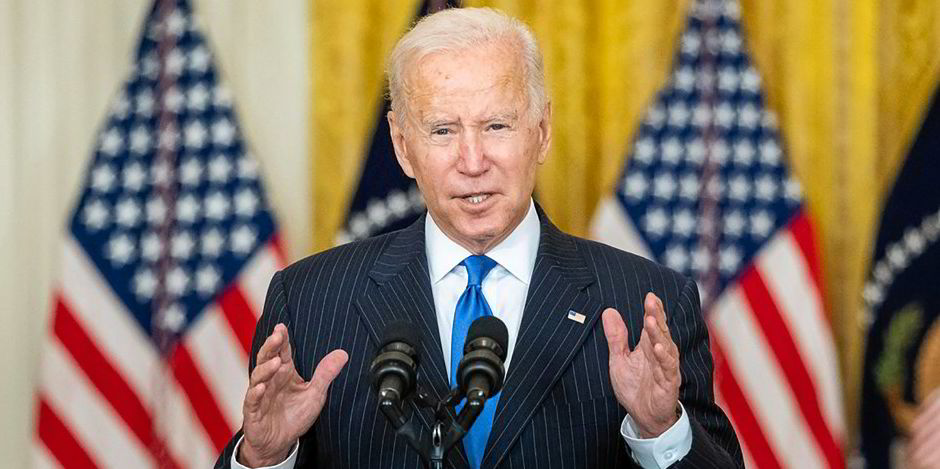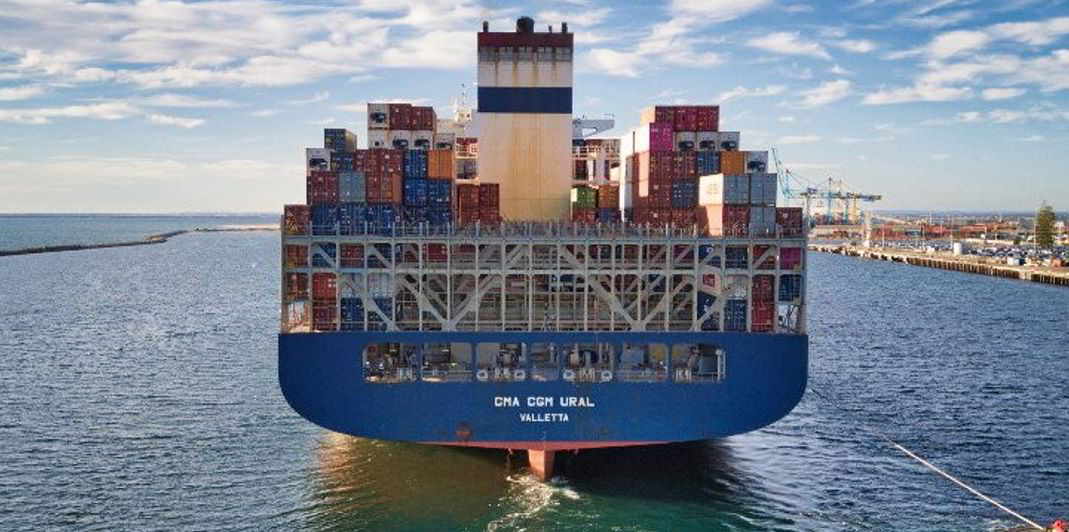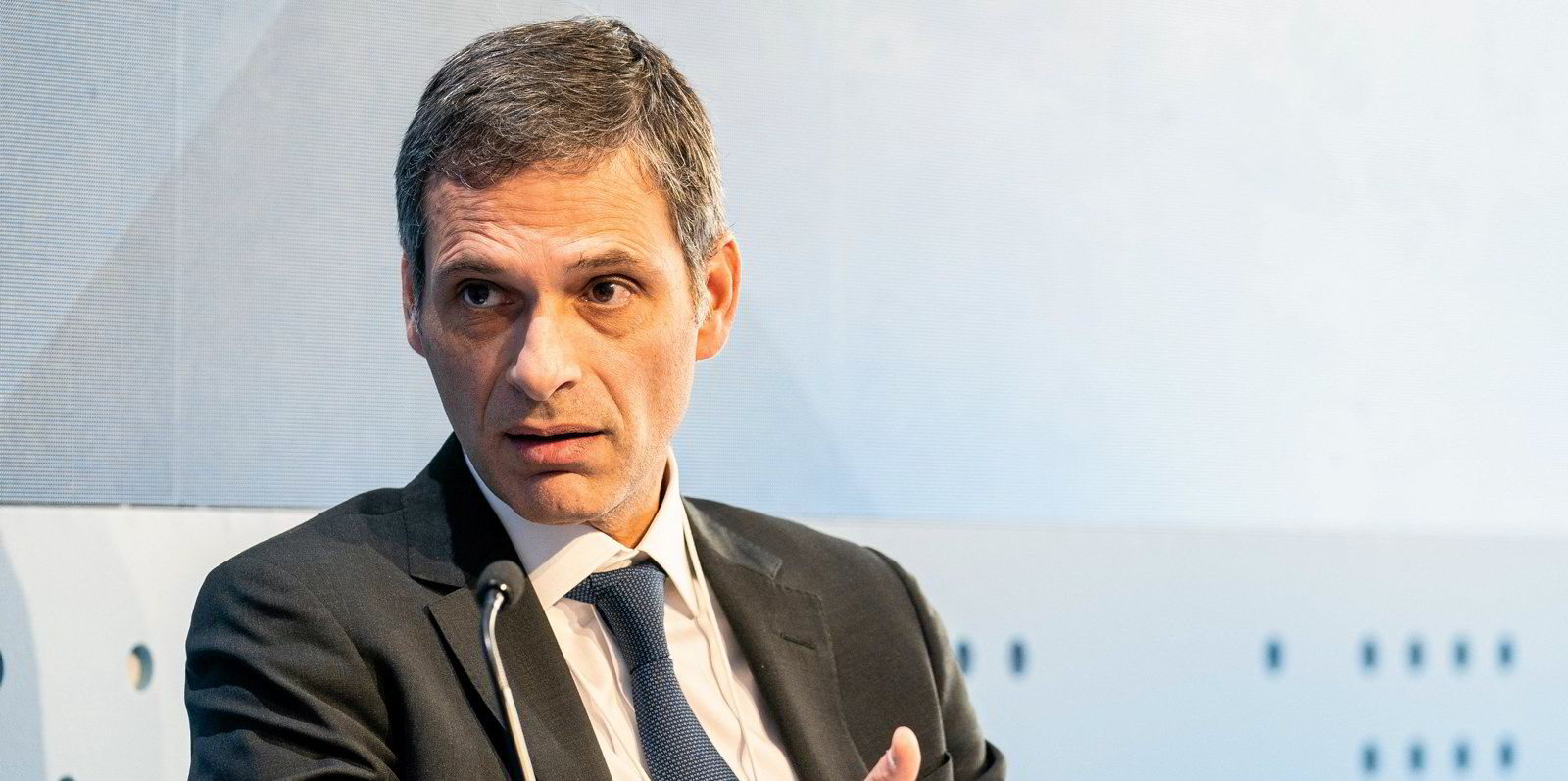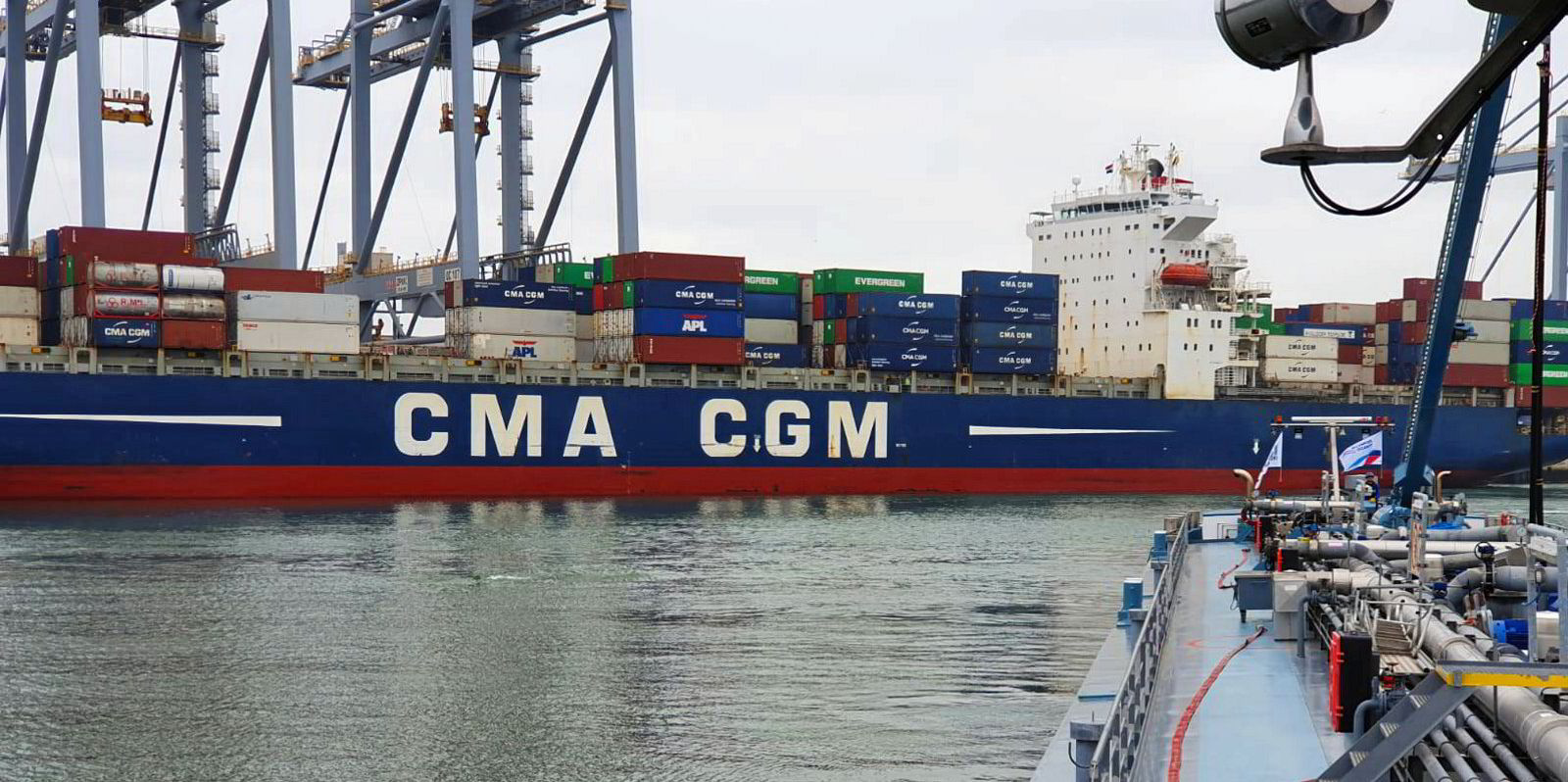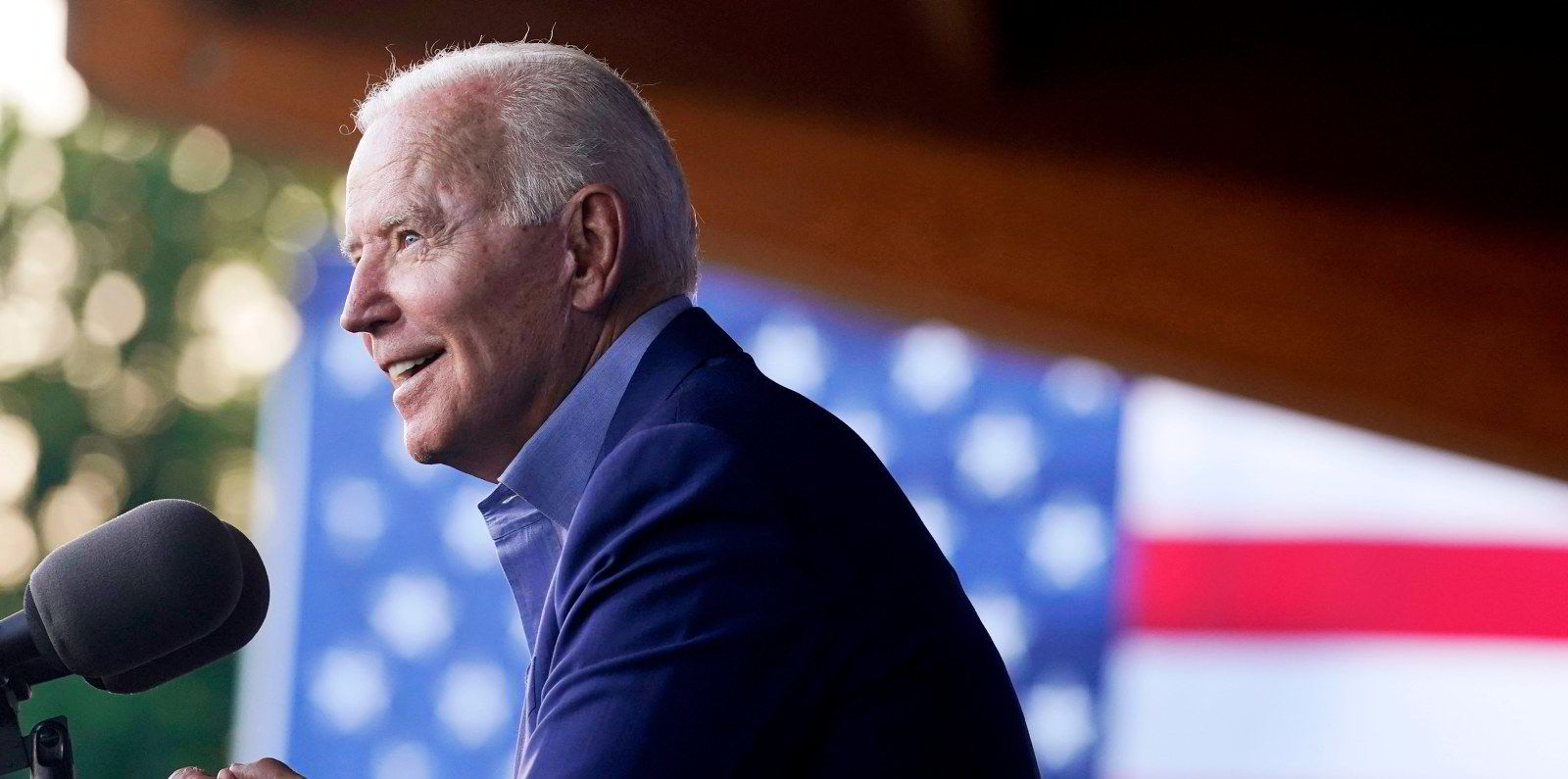Christmas is cancelled — at least for those who believe it is all about receiving the latest consumer goods. That is the racy media headline to accompany the massive maritime roadblock that is sending global supply chains haywire.
There are 334 vessels waiting outside ports — 2.2m teu of container shipping, according to the latest estimate from VesselsValue.
Typhoon Kompasu has blown through the Far East, further disrupting shipping schedules and worsening port congestion.
Despite a recent dip in freight rates, the wider and longer-term turmoil has allowed liner operators to make containerloads of cash but angered the customer base.
Make UK, a trade body representing manufacturers, this week became the latest organisation to accuse shipping companies of profiteering. It has written a joint letter with the British Chamber of Commerce, demanding a probe by the Competition & Markets Authority.
The situation in UK has been exacerbated by a post-Brexit shortage of truck drivers combined with new tariff checks that have caused terrible delays at ports, including its biggest container port, Felixstowe in eastern England.
Congestion and logistic snarl-ups are a worldwide problem, stemming mainly from the huge bounce-back in trading volumes after the Covid-19 slump of 2020.
It is not often that a US president talks about supply chains, but Joe Biden has been forced to react to long delays at the ports of Los Angeles and Long Beach.
His predecessor, Donald Trump, wanted to bring manufacturing jobs back to the US with an America First policy that triggered the trade war with China.
Despite a recent dip in freight rates, the wider and longer-term turmoil has allowed liner operators to make containerloads of cash but angered the customer base
Biden, who shows little sign of wanting to make peace with Beijing, has followed Trump with his own Buy American campaign.
The bilateral trade imbalance remains a thorn in the side of American politicians.
Biden claims to be a "proud capitalist" but makes clear he is happy to interfere in markets or against companies: he says capitalism without competition is exploitation.
It is tempting to think he should be looking at some of the monopolistic practices of Big Data before he sets about shipping.
Meanwhile, there is increasing realisation that "a supply chain that is 7,000 miles long ... [is] a risky proposition". That is the view of Swiss logistics giant Kuehne + Nagel, as expressed at Capital Link's 13th annual New York Maritime Forum last week.
The role of liner companies has already caused the US Federal Maritime Commission to launch an "expedited inquiry" into congestion surcharges at a time of surging shipping profits.
In a recent interview, commission chairman Daniel Maffei sounded relatively well disposed towards liner operators.
Liner companies: their own worst enemies
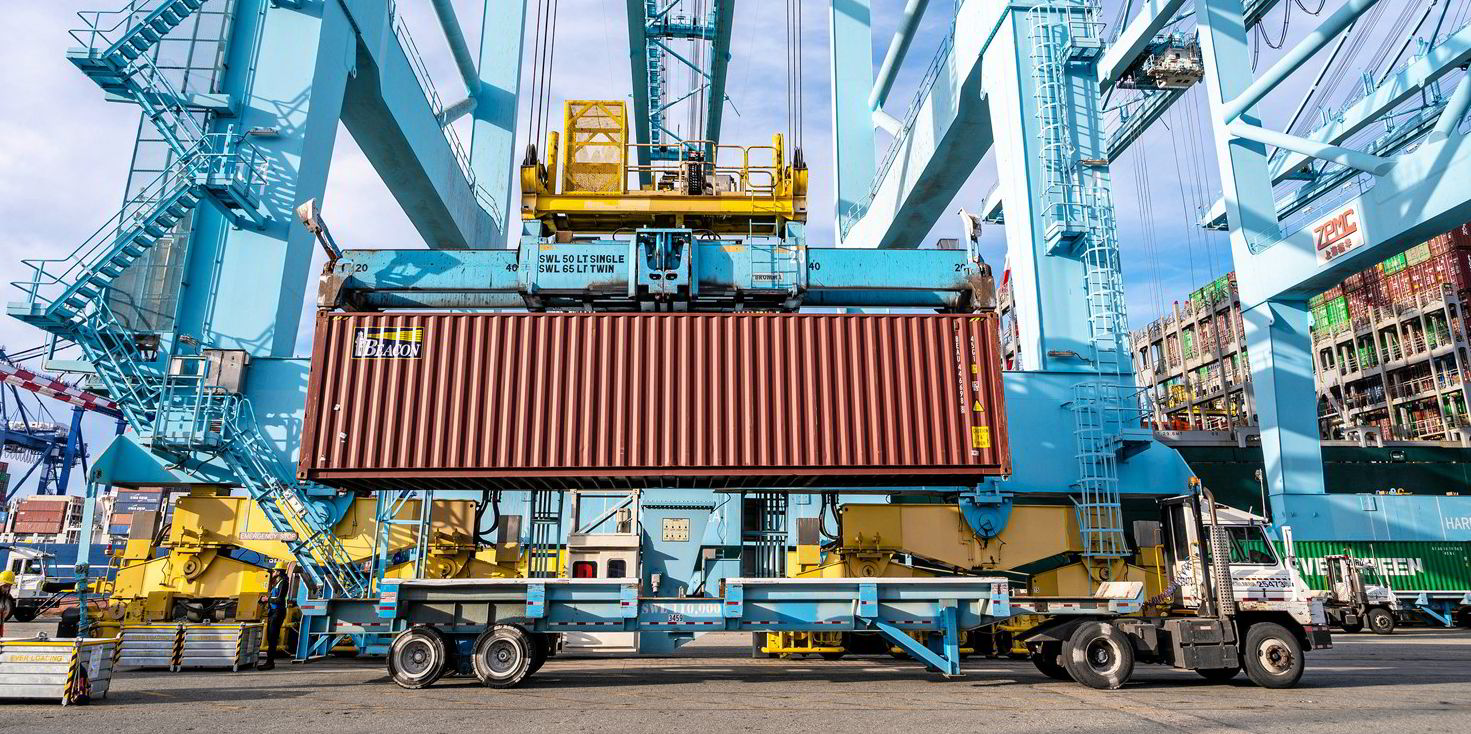
In fact, he banged one of our favourite drums, saying "they [liner operators] are their own worst enemy in a lot of ways in the US" due to their disengagement from the public, mainstream media and governments.
Shipowners have a good story to tell on keeping the global economy running through Covid-19, but Maffei argued that they need to explain — if they can — why they need to charge demurrage when they are earning lots of money already.
The cash is flowing into the liner sector and ship values have gone through the roof.
Who would have believed a relatively small company such as Chile's CSAV would be able to borrow almost half a billion dollars to pay dividends — confident that it will quickly earn this money back from revenues in 2022 derived from its investment in Hapag-Lloyd?
Like its competitors, the German liner operator is flying, churning out group profits of €2.72bn ($3.17bn) in the first six months of this year compared with €285m for the same period of 2020.
Transpacific rates look set to be strong for the short term and any supply chain changes will take time to materialise.
And in an age of automation, Biden should not expect local US manufacturing to be boosted enormously anyway — setting aside the fact that labour shortages are already a problem in the West.
One fears that liner shipping is making too much money to keep the competition authorities off its back.
But the maritime world has a terrific story to tell of how it kept trade flowing smoothly during the pandemic, and it should take advantage of this.
Finally, a prediction you read here first: Christmas won't be cancelled.
